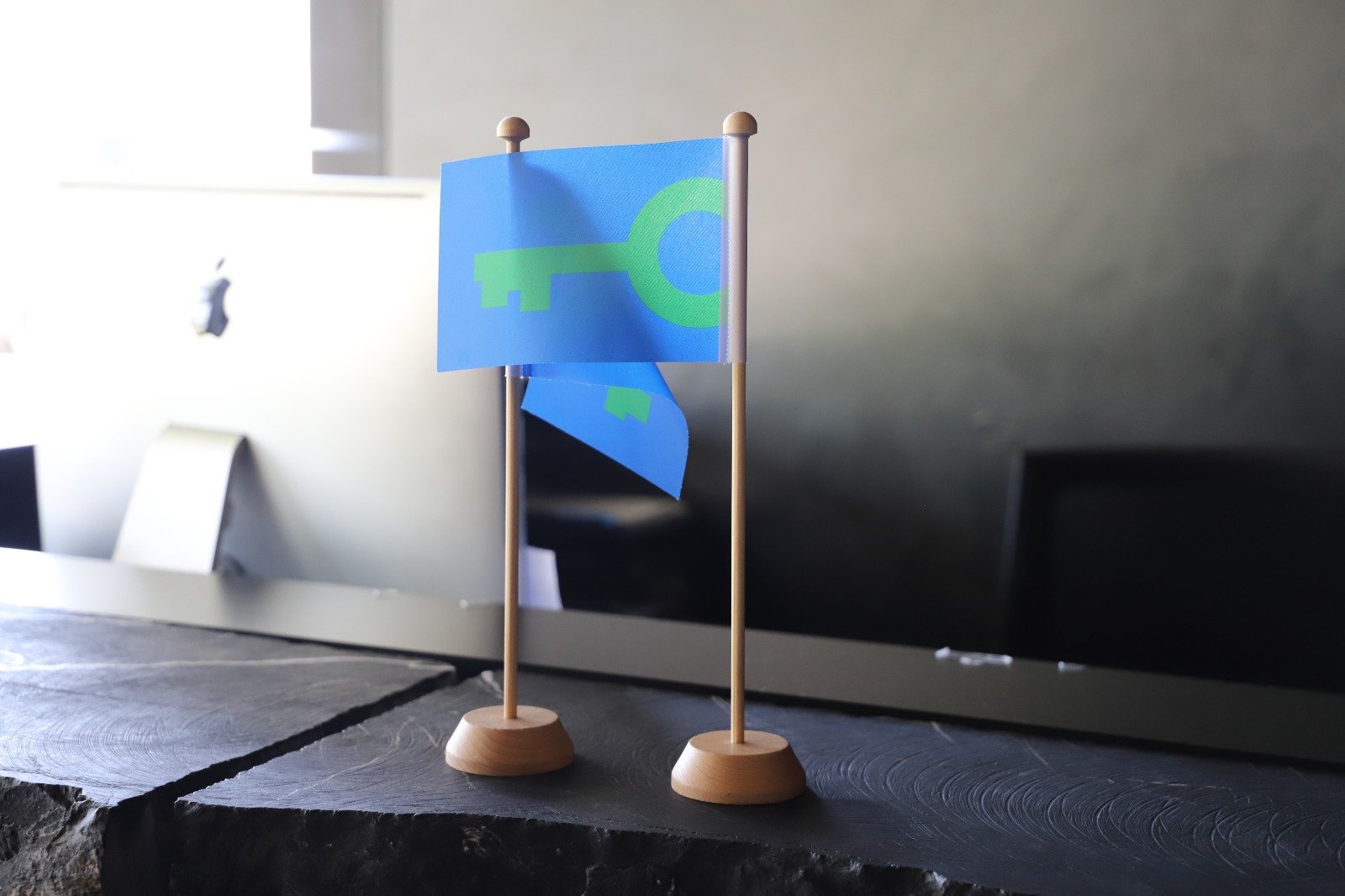Green Key International and the green-tech platform TripDoodler are joining synergies to empower conscious and curious tourists to make more sustainable travel decisions.
Credits: Magical Pond - https://www.magicalpond.com/en/
TripDoodler and Green Key recognise the increasing global interest of consumers in environmental certifications and how transparent and accessible information plays a crucial role in shaping the tourism and hospitality sector. That being so, there exists a need to invite travellers to become an active part of the solution.
As part of this collaboration, travellers can now locate the Green Key certified establishments through the visual presentation of the Green Key logo on the TripDoodler platform. This new feature allows all certified establishments, including hotels, restaurants, or smaller accommodations, to claim their business on the TripDoodler app and get acknowledged by the travellers for their sustainability practices.
The sustainability practices integrated on the TripDoodler platform go beyond carbon emissions and enable travellers to rate up to 40 easily visible parameters of environmental, social-cultural, and economic sustainable tourism. As part of the rating process, the tourists are asked different questions such as “Does the hotel provide recycling bins?”, “Is the establishment run by female-led management?” or “Does the restaurant use local produce?”. To find the full list of parameters, visit TripDoodler’s Beta App here.
The Green Key International Director, Finn Bolding Thomsen, and the CEO of TripDoodler, Josephine Piplits, highlight the importance of this collaboration:
“With Green Key being a leading standard for environmental and sustainable operations within the tourism industry, we are happy to enter a partnership with TripDoodler to help support consumers on their decisions about sustainability and travel. Through this collaboration, travellers can now easily find Green Key certified accommodations on the TripDoodler platform, and certified establishments can benefit from accessing data on how customers perceive their sustainable actions".
- Finn Bolding Thomsen, Green Key International Director
“We are very excited to partner with Green Key and work closely together on translating all the great initiatives that are implemented throughout our industry into a language that every traveller can relate to and make new better decisions based on.”
- Josephine Piplits, Founder & CEO, TripDoodler
About TripDoodler
TripDoodler is an online platform that empowers travellers to easily find, acknowledge, and share verified sustainable travel options, powered by a crowd-sourced certification. With a vision to make sustainable choices the easiest choice, TripDoodler aims to create the world’s largest searchable database of better travel choices, led by first-hand insights from globetrotters across the world. These insights further provide managerial comprehensions to the tourism establishments on how the travellers perceive their sustainable practices. Guided by the 2030 Agenda, TripDoodler offers an easy, independent, and trustworthy solution for travellers and businesses to assist them on their sustainability journeys.













